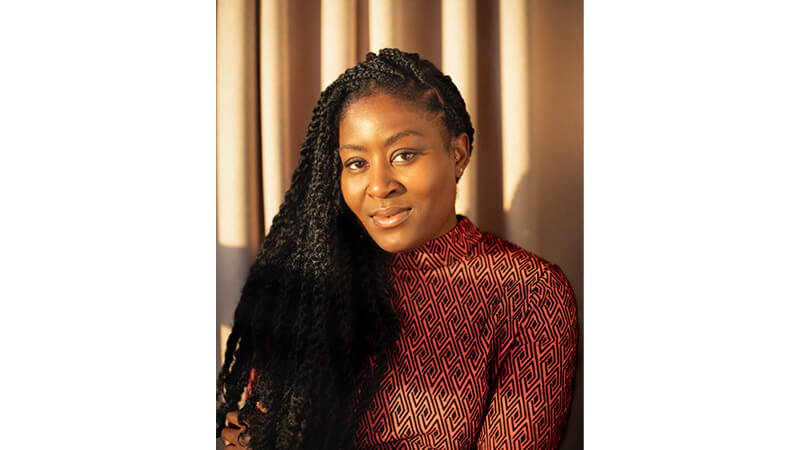Why We Need To Decolonise Our Healthcare Systems
At no point in my medical education – including a decade studying for three degrees and countless hours spent on hospital wards – did anyone mention how the legacies of colonialism and racism affect my decisions as a doctor.

Shortly after completing my master’s at the London School Of Hygiene & Tropical Medicine – one of the world’s best public-health schools – I became disillusioned with how healthcare is taught and discussed. We never talked about the tension between majority white, middle-class doctors and racially minoritised patients. We never addressed how our health institutions have been shaped by imperialism. Nobody challenged these narratives. No one was given the space to do so. The system was heavily weighted in favour of a few.
Medicine is taught the way it is practised. Only a few bodies have ever historically mattered: usually those of white, male, able-bodied and heterosexual people. While studying, I would listen to senior doctors make disparaging, sweeping generalisations about why some Black people were at risk of high blood pressure. There was no discussion on how the effects of racism may result in Black patients being disproportionately affected by high blood pressure and how this can lead to fatal strokes. This is a concept known as ‘weathering’, coined by Professor Arline Geronimus in 1992.
This is why I decided to build a collective – Decolonising Contraception (now known as the Reproductive Justice Initiative charity) – in 2018. Its purpose was to start addressing the racial inequalities in sexual and reproductive health and the effects of a colonial legacy on contraception provision. We dove into the history of our institutions, looked at the mistrust between providers and patients, and how race played out in health consultations. Increasingly, both members of the public and medical colleagues would reach out to me with examples of injustice or racism they had witnessed in the healthcare system.
The combined events of 2020 – where we saw Black Lives Matter protests in the US resonate with the Black diaspora and other marginalised people across the globe – along with the disproportionate death toll from Covid-19 faced by these same communities, made the conversation on racism and healthcare even more urgent.
It is what galvanised me to write Divided: Racism, Medicine And Why We Need To Decolonise Healthcare. The book draws on my own experiences both as a patient and a doctor, on those of my family – who emigrated from Nigeria to the UK in the 1950s and worked in this same healthcare system decades before me – and those in the Global South who are trying to make a change. Ultimately, my hope is that Divided will provide momentum to those who are challenging healthcare injustices around the world, so that we can have a more equitable system for everyone.
With that in mind, below is a list of five people of colour working to change the medical world for the better (in no particular order).
- Chidiebere Ibe – a Nigerian medical student and illustrator who is creating medical illustrations that centre Black people.
- Malone Mukwende – co-created Mind The Gap, a free handbook for medical students that shows how skin conditions present on darker skin.
- Dr Ayoade Alakija – a former co-chair of the African Union’s African Vaccine Delivery Alliance, who was integral in highlighting inequalities in vaccine distribution during the Covid-19 pandemic.
- Dr Black Deer – an indigenous scholar-activist who is shining a light on how we achieve health equity for indigenous communities.
- Dr Uché Blackstock – the founder and CEO of Advancing Health Equity, an organisation on a mission to dismantle racism in healthcare.
Dr Annabel Sowemimo is a sexual and reproductive health doctor. She is founder of the Reproductive Justice Initiative and the author of Divided: Racism, Medicine And Why We Need To Decolonise Healthcare




